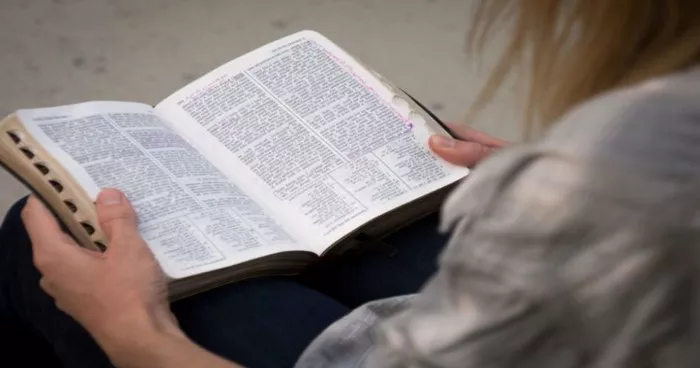Devotion to the Sacred Heart of Jesus is a cornerstone of Catholic spirituality, rooted in the belief of Christ’s boundless love and mercy for humanity. This devotion, with its rich history and profound symbolism, has inspired countless believers to deepen their faith and cultivate a closer relationship with Christ. In this essay, we will delve into the origins, significance, and practices associated with the devotion to the Sacred Heart of Jesus, exploring its theological underpinnings and its enduring relevance in the modern world.
Origins of the Devotion
The roots of the devotion to the Sacred Heart of Jesus can be traced back to the Middle Ages, but it gained prominence in the seventeenth century through the revelations received by Saint Margaret Mary Alacoque, a French nun. According to her accounts, Jesus appeared to her on multiple occasions, revealing His Sacred Heart as a symbol of His love for humanity and calling for devotion to be spread in His honor. These revelations, combined with the theological writings of figures like Saint John Eudes, laid the foundation for the formalization of the devotion within the Catholic Church.
Theological Significance
At the heart of the devotion to the Sacred Heart lies a profound theological truth: the love of Christ as manifested in His sacrifice on the cross. The image of the Sacred Heart, often depicted with flames and encircled by a crown of thorns, serves as a visual representation of Christ’s selfless love and the depths of His mercy. It reminds believers of the immense suffering endured by Jesus for the salvation of humanity and invites them to respond with gratitude and devotion.
Central to this theological understanding is the concept of reparation. Devotees are called not only to receive Christ’s love but also to make amends for the sins and offenses committed against Him. Through acts of prayer, penance, and acts of charity, believers seek to console the Sacred Heart and participate in the work of redemption. This aspect of the devotion emphasizes the transformative power of love and the possibility of reconciliation with God through Christ.
Practices of Devotion
The devotion to the Sacred Heart is expressed through various practices and rituals that aim to foster a deeper spiritual connection with Christ. One of the central practices is the Act of Consecration to the Sacred Heart, in which individuals offer themselves entirely to Christ and pledge to live in accordance with His will. This act of surrender is seen as a pathway to spiritual renewal and a means of drawing closer to the Sacred Heart.
Another important aspect of the devotion is the observance of the First Friday devotions, which involve attending Mass, receiving Holy Communion, and spending time in adoration before the Blessed Sacrament on the first Friday of each month. This tradition, inspired by Jesus’ request to Saint Margaret Mary, is believed to bring special graces and blessings to those who participate devoutly.
Additionally, many believers practice the devotion of the Nine First Fridays, in which they commit to attending Mass and receiving Communion on nine consecutive first Fridays with the intention of honoring the Sacred Heart and making reparation for sin. This practice underscores the importance of regular spiritual discipline and the cultivation of a consistent prayer life.
Relevance in the Modern World
In an age marked by secularism, materialism, and moral relativism, the devotion to the Sacred Heart offers a powerful antidote to the spiritual malaise of our times. Its message of love, mercy, and redemption speaks directly to the deepest longings of the human heart and offers a source of hope and consolation in the face of life’s challenges.
Moreover, the devotion to the Sacred Heart provides a framework for understanding and responding to the suffering and injustices that plague our world. By contemplating the Sacred Heart pierced by the lance and crowned with thorns, believers are reminded of the profound solidarity of Christ with the suffering and marginalized. This awareness compels them to engage in acts of charity and social justice, following in the footsteps of their compassionate Savior.
Conclusion
In conclusion, the devotion to the Sacred Heart of Jesus occupies a central place in Catholic spirituality, offering believers a profound encounter with the love and mercy of Christ. Its origins in the revelations to Saint Margaret Mary Alacoque, its theological significance rooted in the mystery of Christ’s sacrifice, and its practices of devotion and reparation all contribute to its enduring relevance in the modern world. As we continue to navigate the complexities of contemporary life, may we turn to the Sacred Heart as a source of strength, consolation, and transformation, finding in Him the fulfillment of our deepest yearnings and the path to eternal life.

